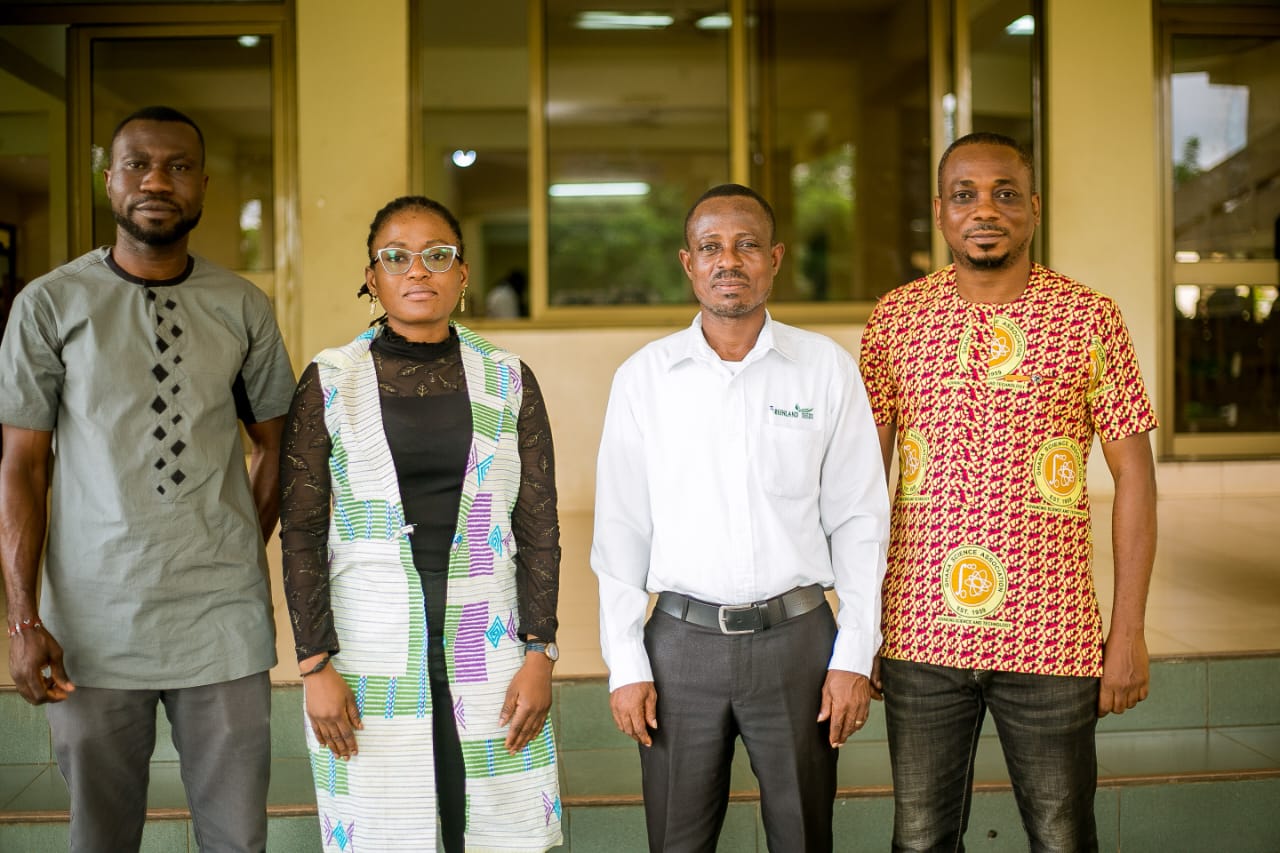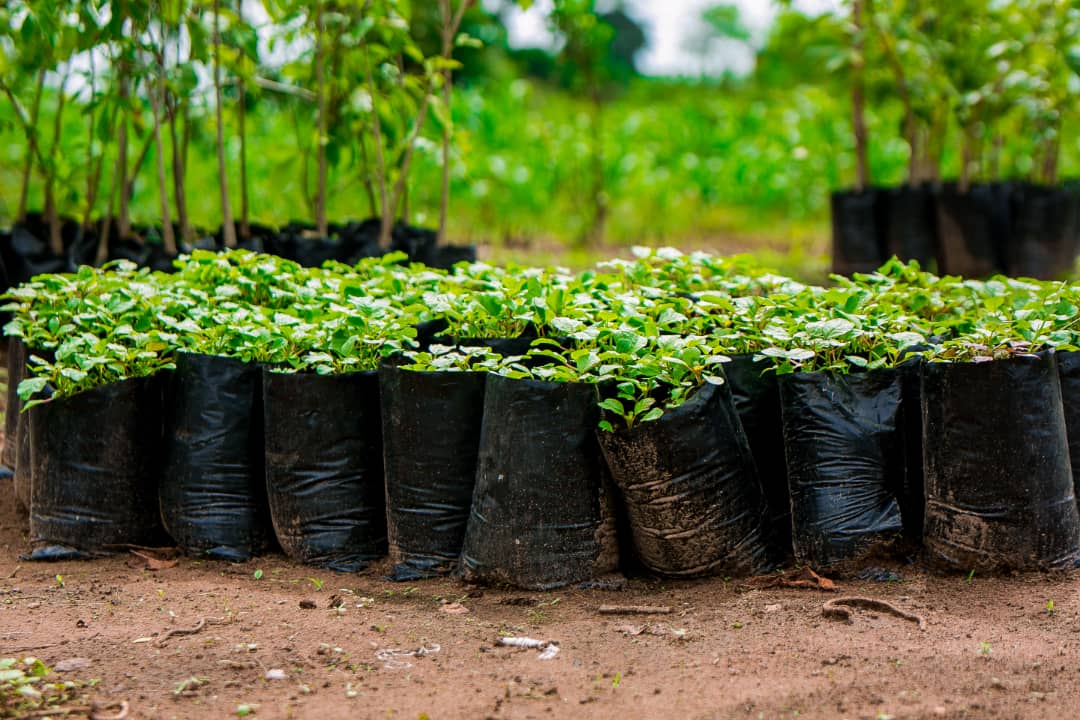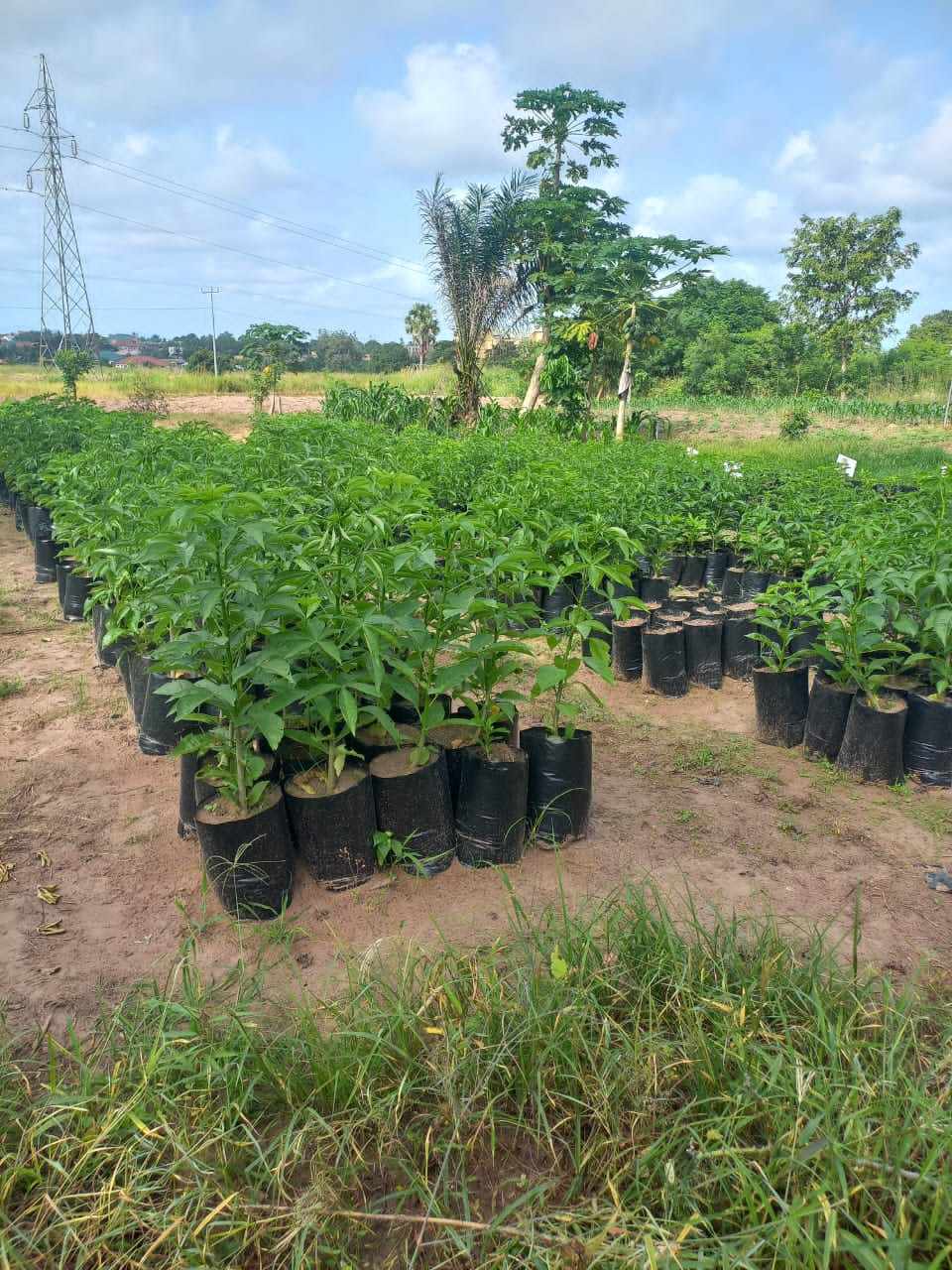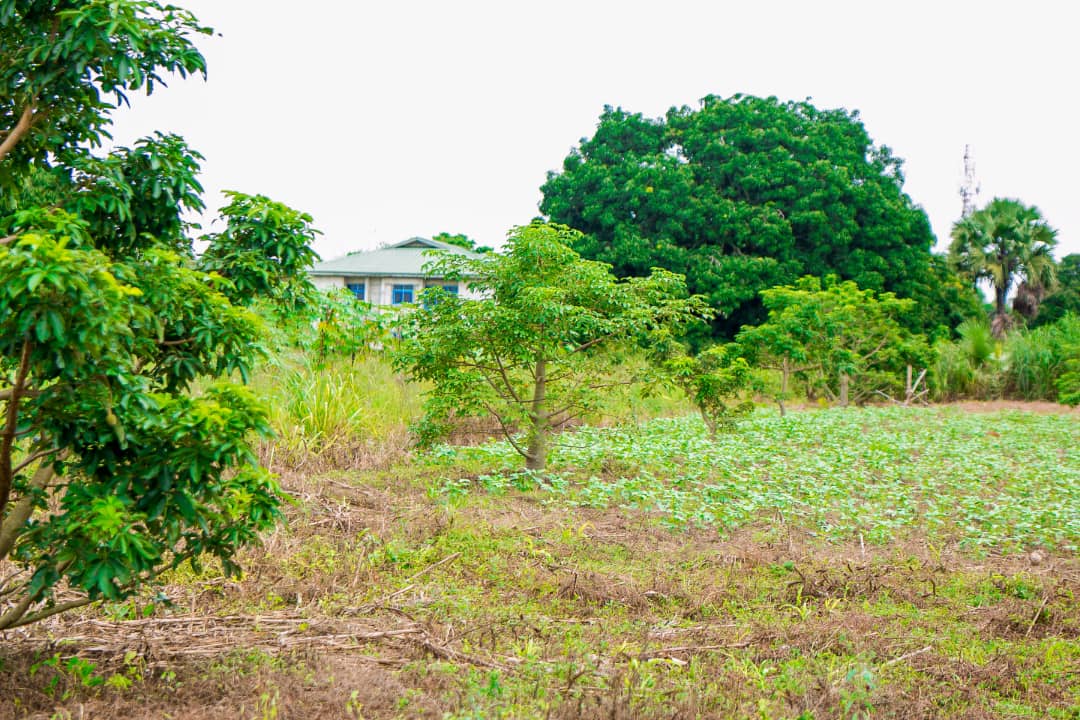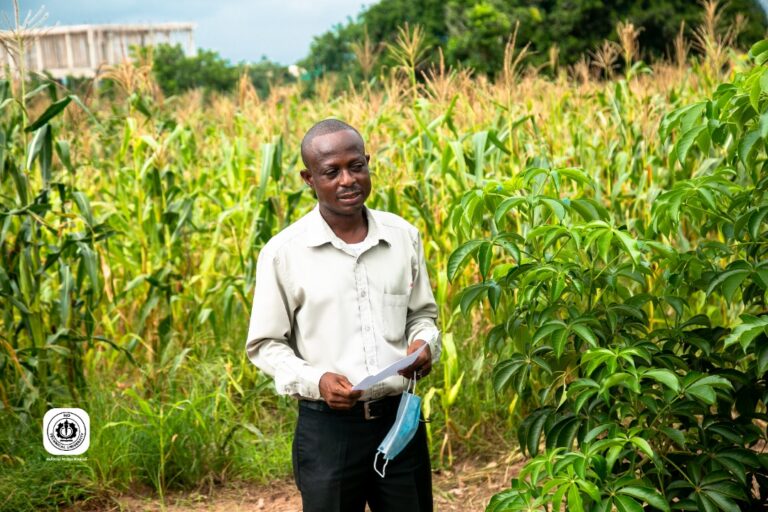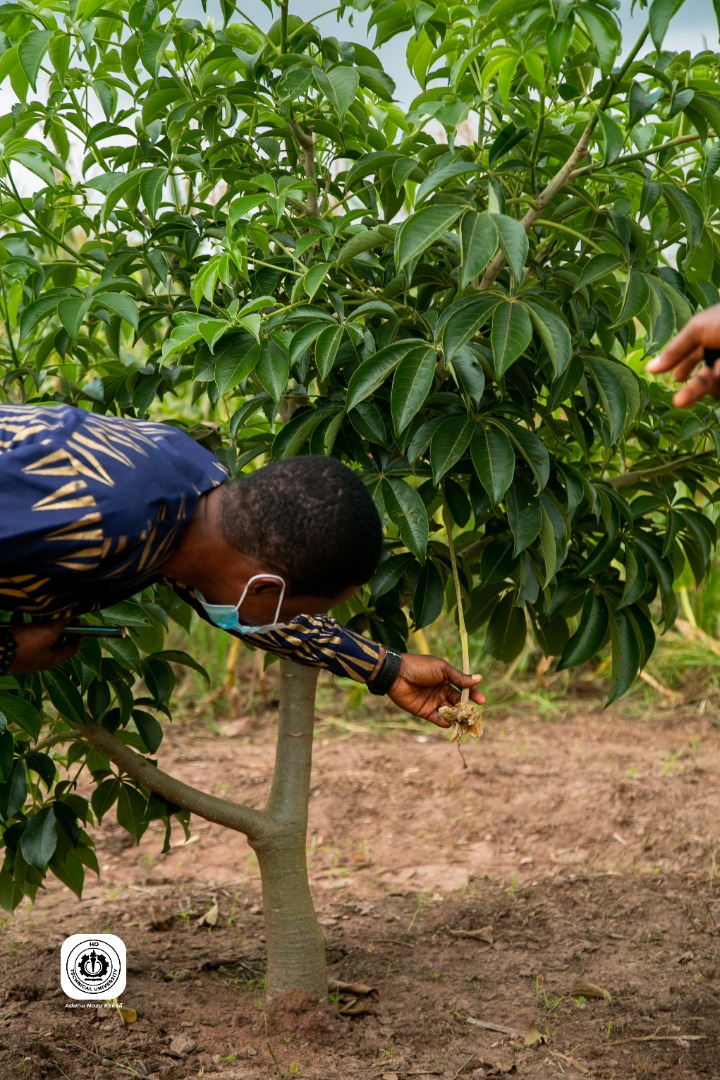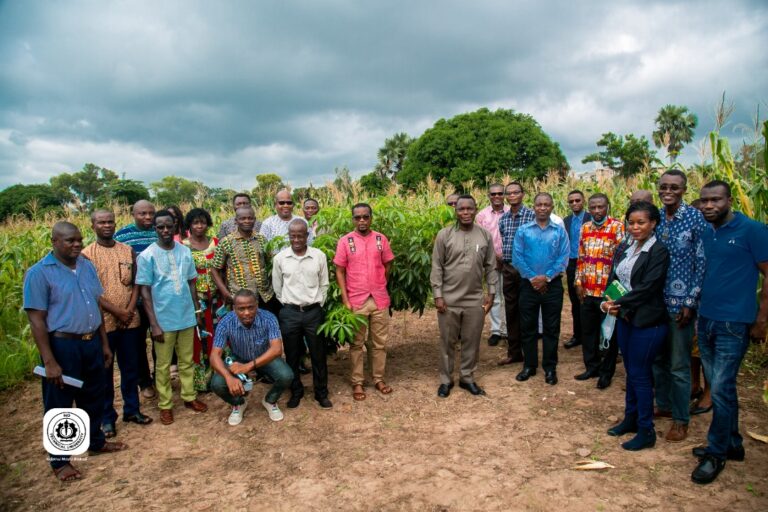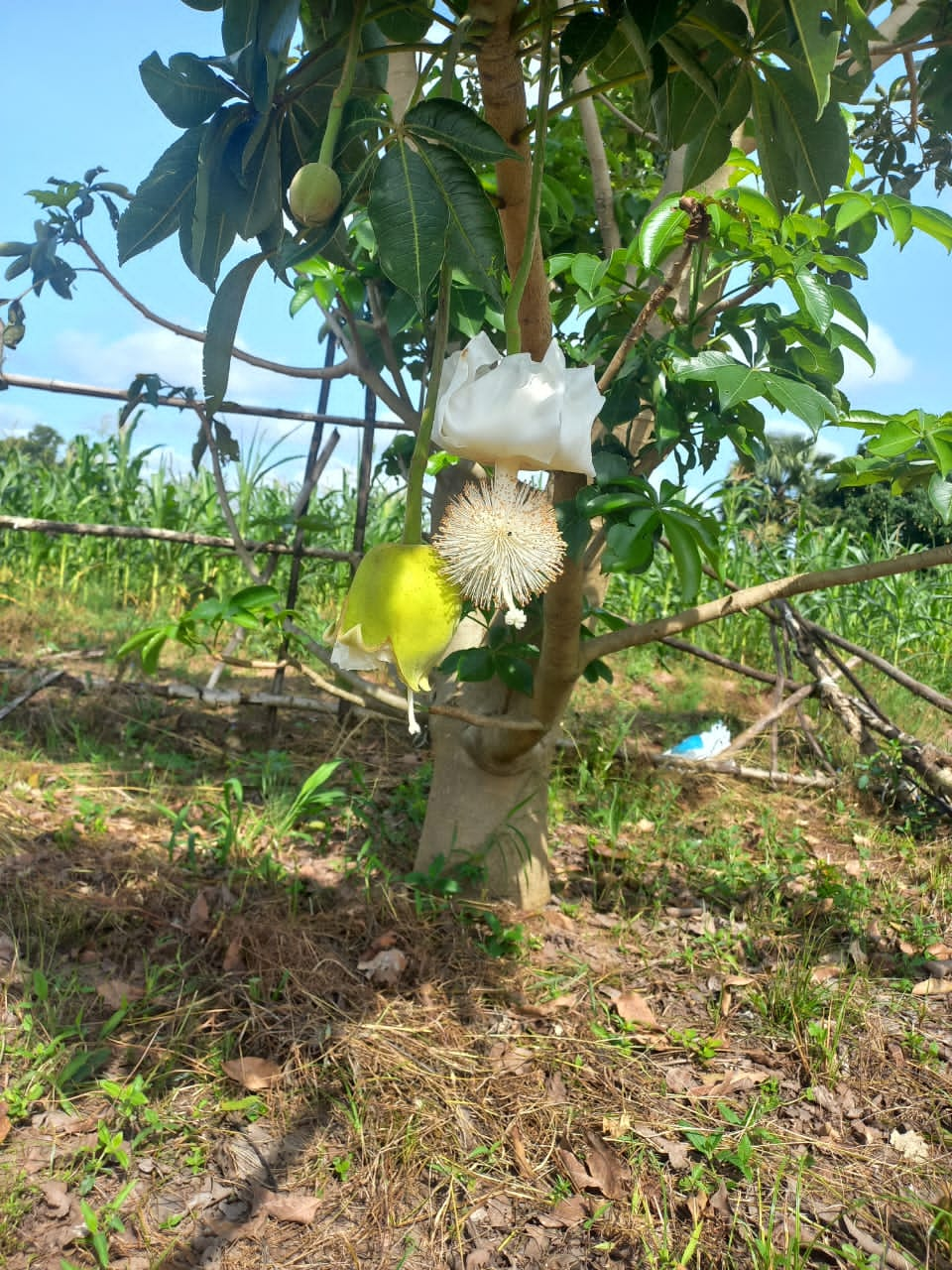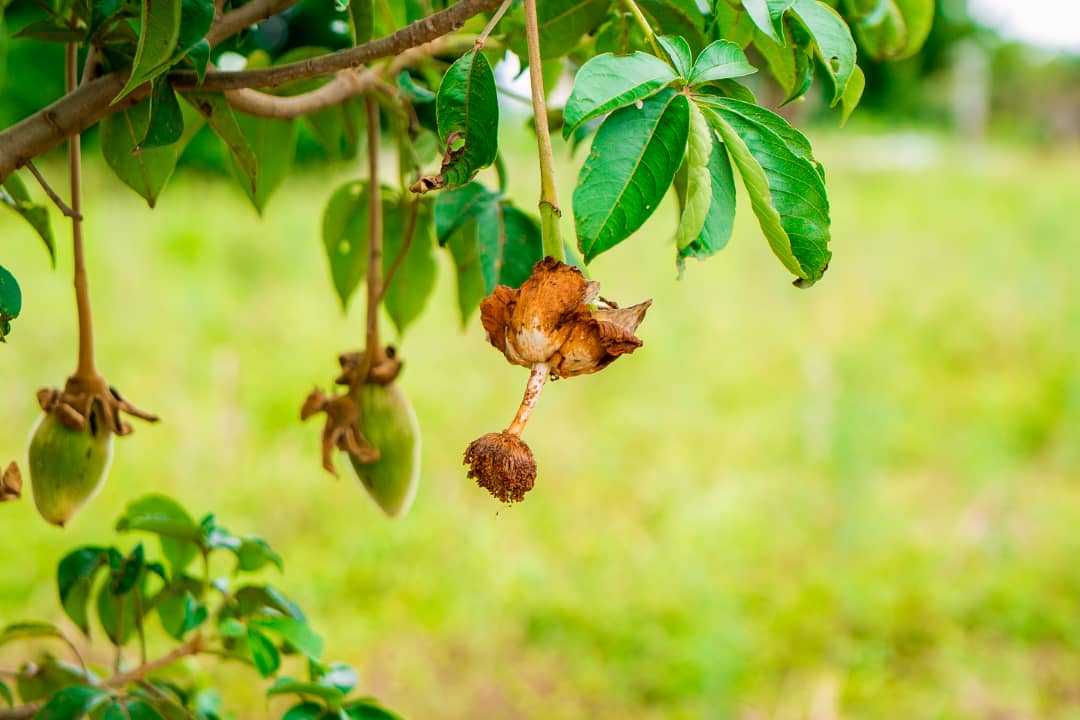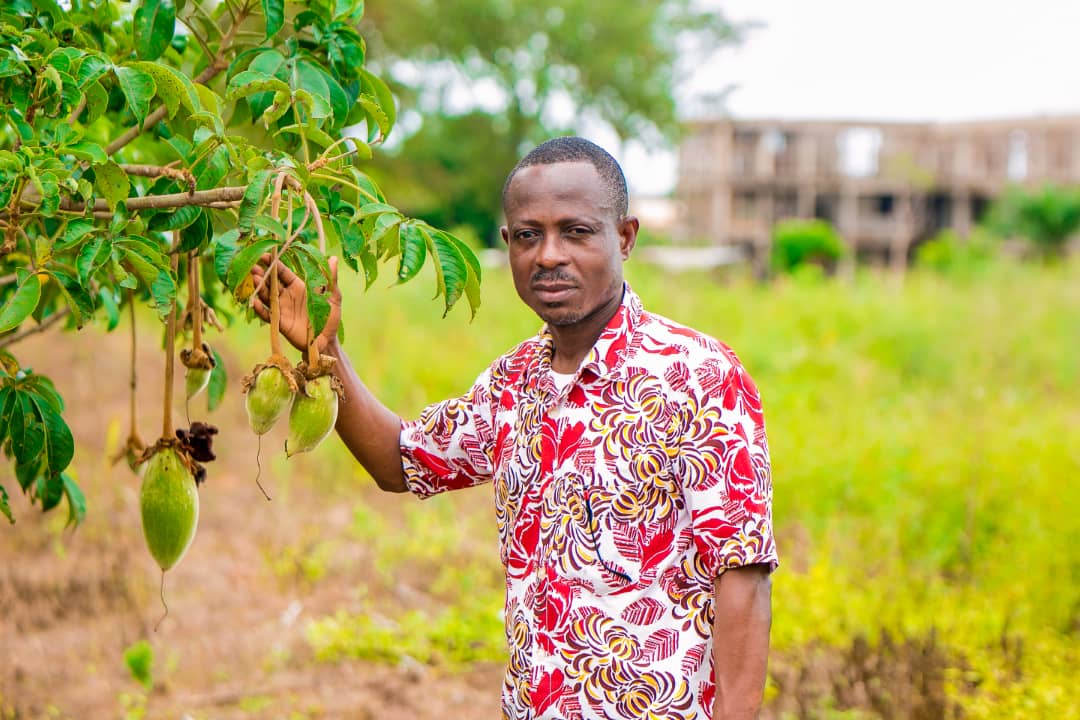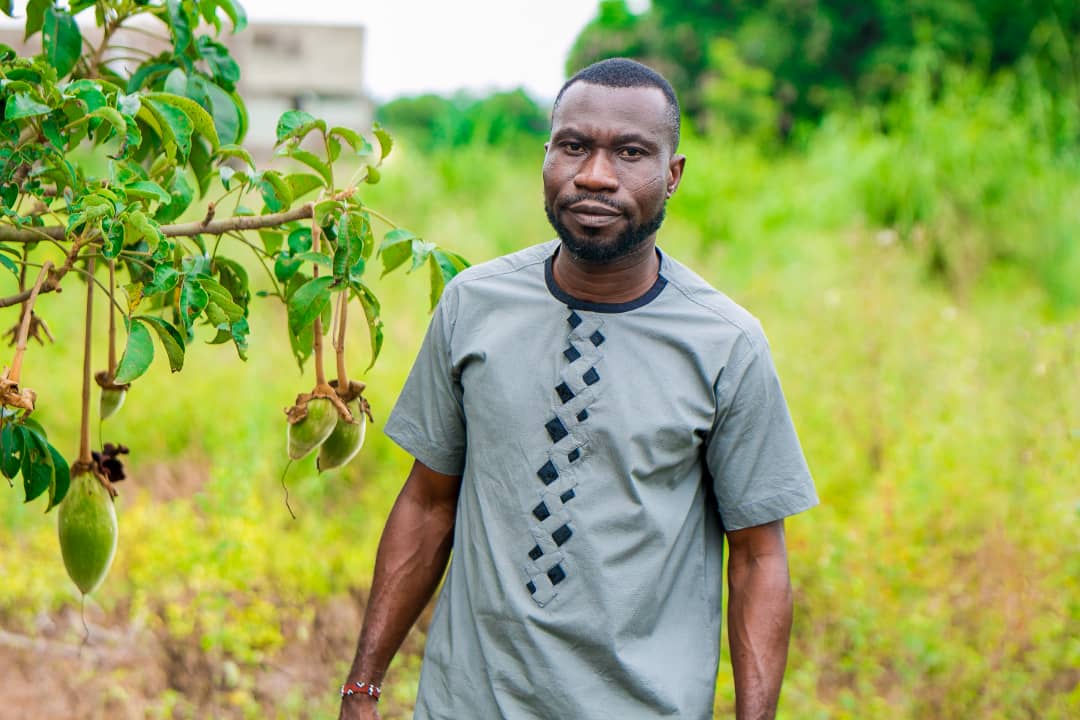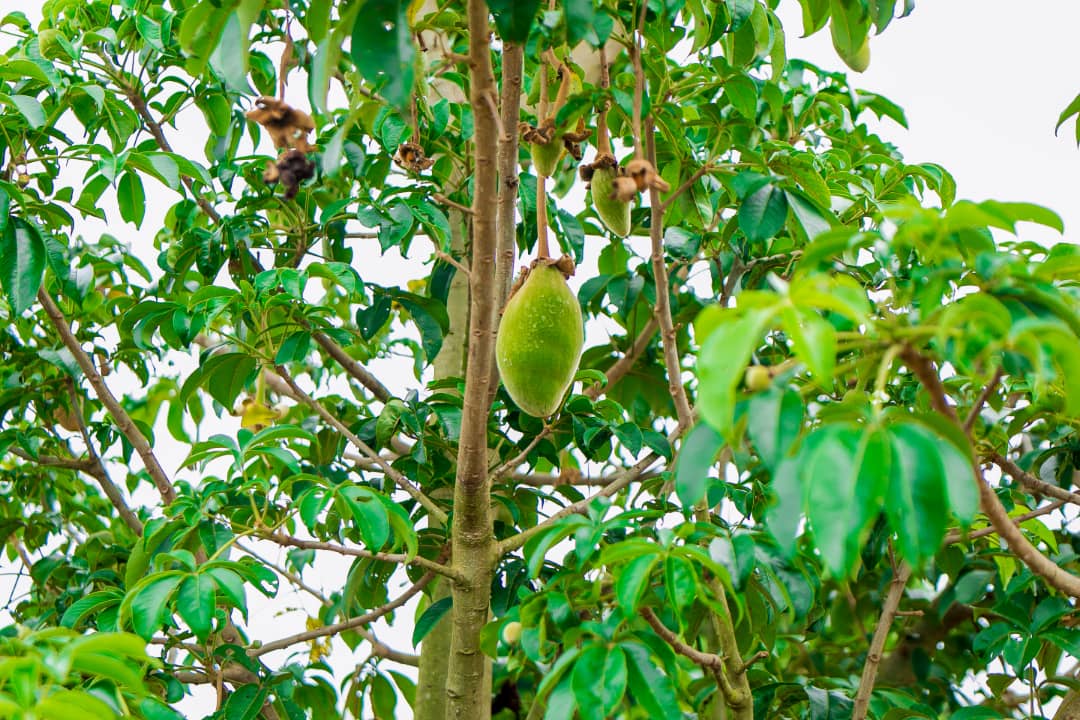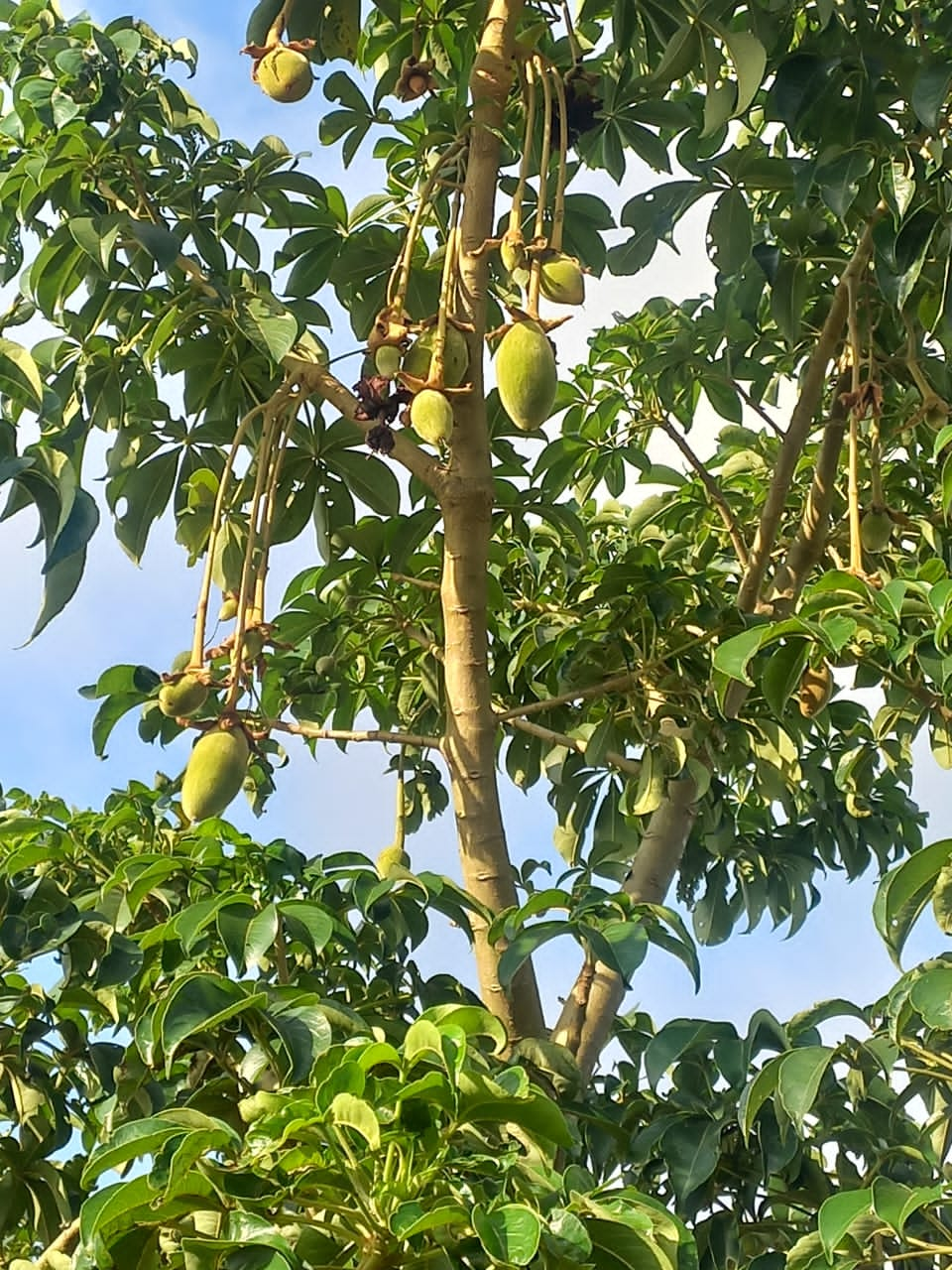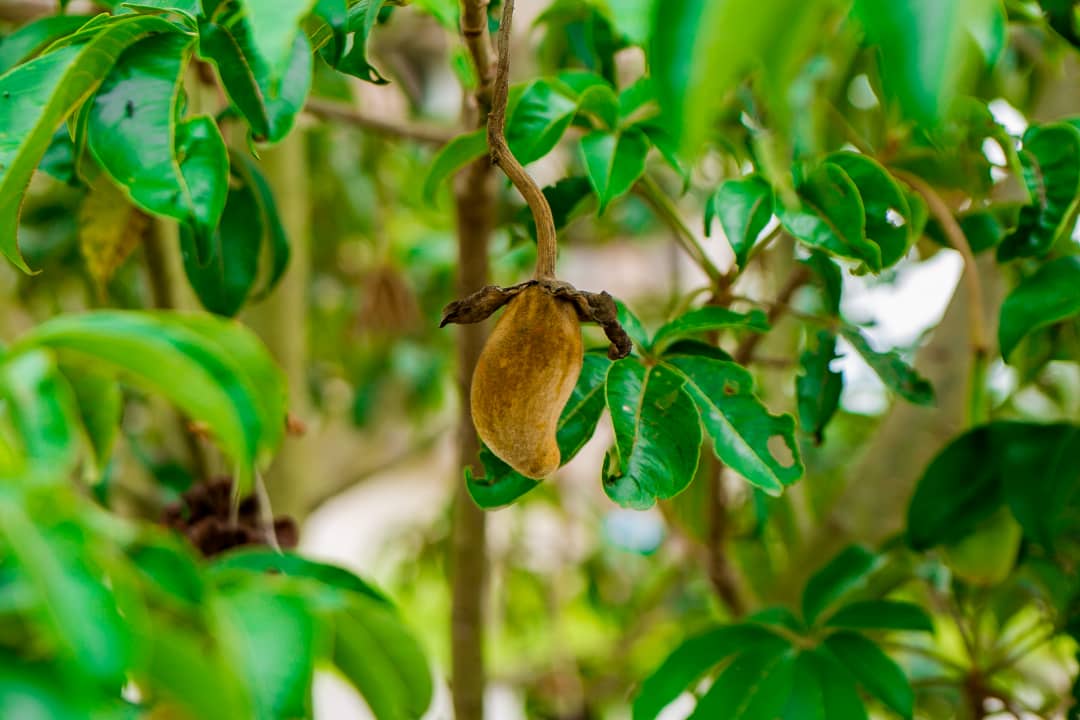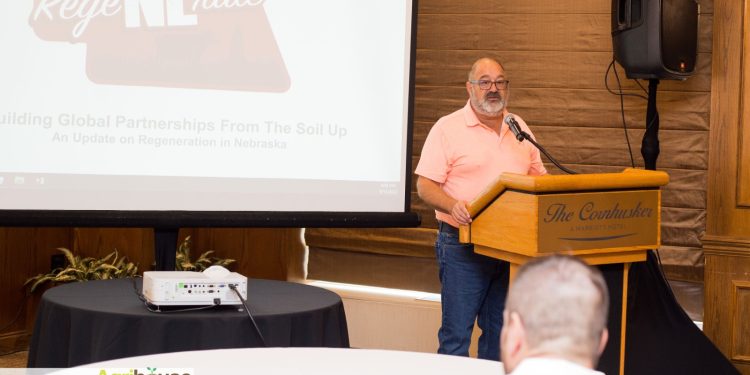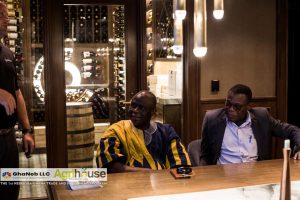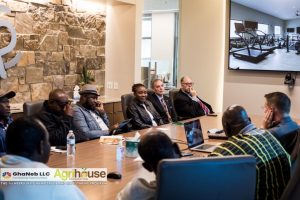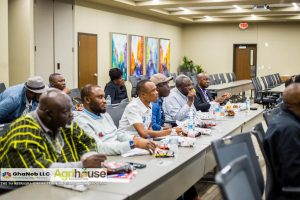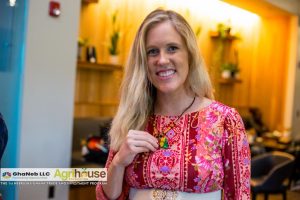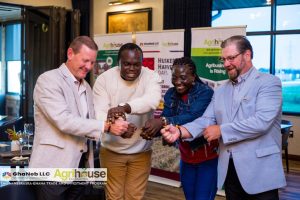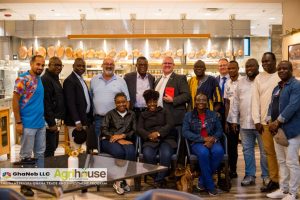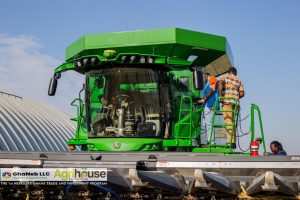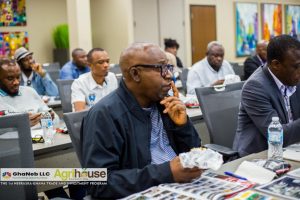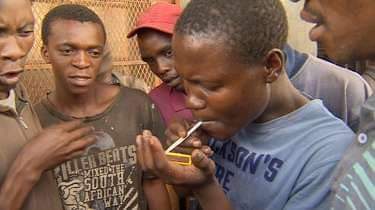Category: Ghana
-
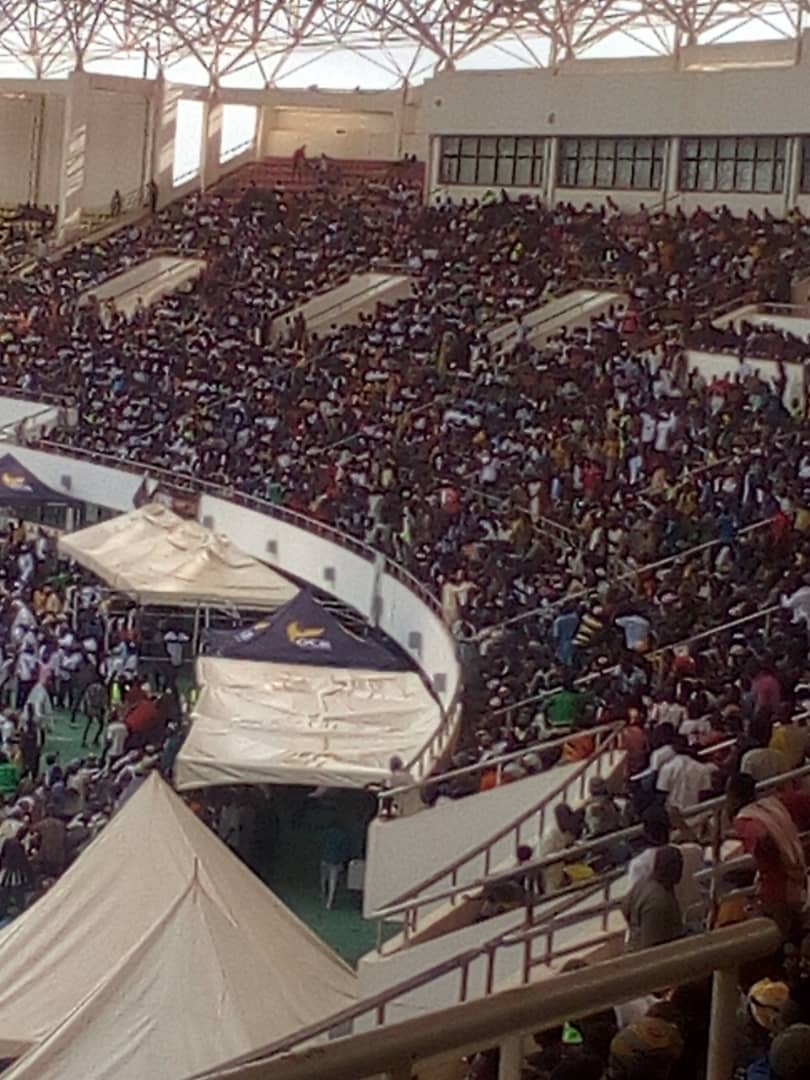
Gbewaa Damba Trophy goes back to Yendi
By: Mohammed A. Abu
The highly patronized maiden friendly football match between age-long historical playmates, the people of Savulgu and Kumbungu in Western Dagbon ended on Saturday in a 1:1 draw at the Aliu Mahama Sports Stadium in Ghana’s Northern regional capital of Tamale.
Held under the auspices of His Royal Majesty, Ndan Yaa Na Abukari II, King of the Dagbon Kingdom, Northern region of Ghana, the event doubled as a fundraiser cum major side attraction within the context of a recent Royal Decree permitting the rebranding of the centuries long Damba Festival for peace and development.
In the absence of a winner the Damba trophy had to be returned by the Paramount Chief of the Pishigu Traditional Area, His Royal Highness, Dr. Alhassan Andani to His Royal Majesty, through the elders of His Royal Highness, the Kug Na for onwards delivery to His Royal Majesty, the King, as per Dagbon’s royal protocols best practice.
It is anticipated that the second edition of the match, come the next Damba festival, would that time round, get a winner to take the cup home.Post-Match Savulgu-Kumbungu ‘Rivalry’
Amidst the draw score results, some people of Savulgu could be heard saying their mates from Kumbungu were “dam lucky”. Their team they contended, had wanted to teach their Kumbungu counterparts a bitter lesson they wouldn’t have forgotten in their lives but fortunately for them, by a stroke of luck on their part, the match was brought to an end, shortly after their equalizer and so they must thank their stars.
The Savulgu protagonists further contended that, the draw notwithstanding, their team had totally beaten their Kumbungu counterparts in terms of professionalism, ball possession and number of corners.
Their Kumbungu counterparts were heard to have come out with a sharp rebuttal and ridiculed the Savulgu claim of ball possession and number of corners an empty bluff. “If the expertise you are claiming and touting is true,why were you all that while, unable to score us multiple goals to win but could only manage with one miserable last minute goal as an equalizer for a draw?”,they quizzed.
The Savulgu and Kumbungu historical playmates are known for their never quenching thirst for ‘rivalry’ whenever they chance to meet be it online or in-person. They are indeed, the most interesting duo to behold in Dagbon.
Historical Antecedents
The historical playmate relations between the people of Savulgu and Kumbungu characterized by teasing and cracking of very funny jokes with each other,started about some one hundred and twenty seven years(127) years ago but still active up till today thanks to the unwaning commitment on the part of both parties.
Legend has it that a most unfortunate incident that occurred was to result in a bitter conflict between Kumbungu and one of its other neigbours, Zangbalun.The conflict is said to have developed into a spill over to Savulgu sadly resulting into an eventual showdown between the people of Kumbungu and Savulgu.
This most unpalatable development,is said to have prompted a most decisive action and intervention by then ruling King of Dagbon,Yaa Na Andani II(1858-1896) in order to restore peace in the Kingdom.
Courtesy the King’s affirmative action,the narrative has it that,peace and harmony was restored once again between the people of Kumbungu and Savulgu.
Both sides were therefore exhorted to ensure continuous peace building and to at all times, engender peaceful co-existence and never to give any chance again to the least strife let alone, the worst of it,armed conflict.
The Savulgu-Kumbungu historical playmates relationship some contend,could be cited as a case study in conflict prevention, resolution, management, and peacebuilding driven by commitment and passionate desire for lasting peace and its sustainability on the part of the parties to the conflict.
Giving a friendly football match competition touch to the relations some observers have also contended, is not only a meaningful value addition to it, but also, it adds a yet another interesting dimension to Ghana’s football sports landscape.
-
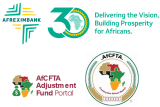
Inaugural Board Meeting of the African Continental Free Trade Area (AfCFTA) Adjustment Fund Corporation holds in the Republic of Rwanda
KIGALI, Rwanda, October 6, 2023/ — Following the mandate by the African Union (AU) Summit of Heads of State and Government and the AfCFTA Council of Ministers responsible for Trade , Afreximbank (www.Afreximbank.com) and the AfCFTA Secretariat were mandated to establish and operationalise the AfCFTA Adjustment Fund through a General Partnership – the AfCFTA Adjustment Fund Corporation – with operations of the Fund domiciled in Rwanda.
The Fund will support countries and private entities through financing, technical assistance, grants and compensation funding in their transition to the new trading regime and mitigate any negative impacts that may arise during this process. By providing targeted support, the Fund aims to ensure that no country is left behind and that the benefits of the AfCFTA are shared equitably and in a sustained manner across the continent.
The inaugural board meeting of the AfCFTA Adjustment Fund Corporation held today in Kigali. The board members deliberated on key issues that will serve as a foundation for the successful operationalisation of the AfCFTA Adjustment Fund. Amongst these include the appointment of the Fund for Export Development in Africa (FEDA), the impact investment platform of African Export-Import Bank, as the Fund Manager for the Adjustment Fund.
The AfCFTA Adjustment Fund consists of three sub-Funds namely, the Base Fund, the General Fund, and the Credit Fund. The Base Fund will utilise contributions from AfCFTA State Parties as well as grants and technical assistance to address tariff revenue losses that would result from the implementation of the AfCFTA Agreement. The General Fund will finance the development of trade enabling infrastructure while the Credit Fund will be used to mobilise commercial funding to support both the public and private sectors enabling them to adjust and take advantage of the opportunities created by the AfCFTA.
Mr. Jean-Louis Ekra, Chairman of the Board of the AfCFTA Adjustment Fund Corporation, said: “It is important to note that the Adjustment Fund is not intended to perpetuate dependency, rather, it is designed to foster self-reliance. Its resources are aimed at assisting countries in overcoming temporary hurdles and building the foundations for long-term economic resilience. Through careful investment and strategic planning, Member States can utilise the Fund’s support to enhance their productive capacities, diversify their economies, and accelerate progress towards sustainable development goals. It gladdens my heart to be an active participant in this noble demonstration of history in the making. I enjoin all of us to seize this historic opportunity to unlock Africa’s vast potential, strengthen regional integration, and forge a brighter future for all, together.”
H.E. Wamkele Mene, Secretary-General of the AfCFTA Secretariat, said: “This inaugural meeting of the Board of the AfCFTA Adjustment Fund heralds a commendable milestone in the successful implementation of the Agreement. In collaboration with our strategic partner Afreximbank, we are commited to provide the necessary support to State Parties and private entities through the Adjustment Fund. The Board, composed of experts and driven leaders of the continent, will carry out the necessary actions to ensure compliance with all rules and regulations.”
Dr. George Elombi, Executive Vice president, Governance, Corporate and legal Services of Afreximbank, said: “Afreximbank welcomes the convening of the first Board meeting of the AfCFTA Adjustment Fund, which marks a significant milestone in advancing implementation of the African Continental Free Trade Agreement (AfCFTA). Given the enormous potential the AfCFTA holds for the continent, the Bank is exceptionally pleased to be a strategic partner to the AfCFTA Secretariat in establishing the Adjustment Fund. We are also pleased that our subsidiary, the Fund for Export Development in Africa (FEDA) has been appointed as the fund manager.”
Marlene Ngoyi, Chief Executive Officer of the Fund for Export Development in Africa, said: “FEDA is honored to have the opportunity to play a role in unlocking the vast potential of the African Continental Free Trade Area (AfCFTA) agreement. This transformative agreement has the power to create a more prosperous, equitable, and sustainable future for millions of people across the continent. The appointment of FEDA as the investment manager of the AfCFTA Adjustment Fund General Fund and Credit Fund demonstrates the AfCFTA Secretariat’s, Afreximbank’s, and FEDA’s commitment to the urgent realization of this grand vision.”
Distributed by APO Group on behalf of Afreximbank.For further information, please contact:
Ms. Grace Khoza
Principal Communications Advisor
African Continental Free Trade Area (AfCFTA) Secretariat
E-mail: Grace.Khoza@au-afcfta.org
Accra, GhanaMs. Elydora Matubanzila
Communications Officer
African Continental Free Trade Area (AfCFTA) Secretariat
E-mail: Elydora.Matubanzila@au-afcfta.org
Accra, GhanaCommunication | Marketing | Advocacy Division, African Continental Free Trade Area |
E-mail: afcftacommunications@au-afcfta.orgTo find out more, please visit our website: https://AU-AfCFTA.org
-
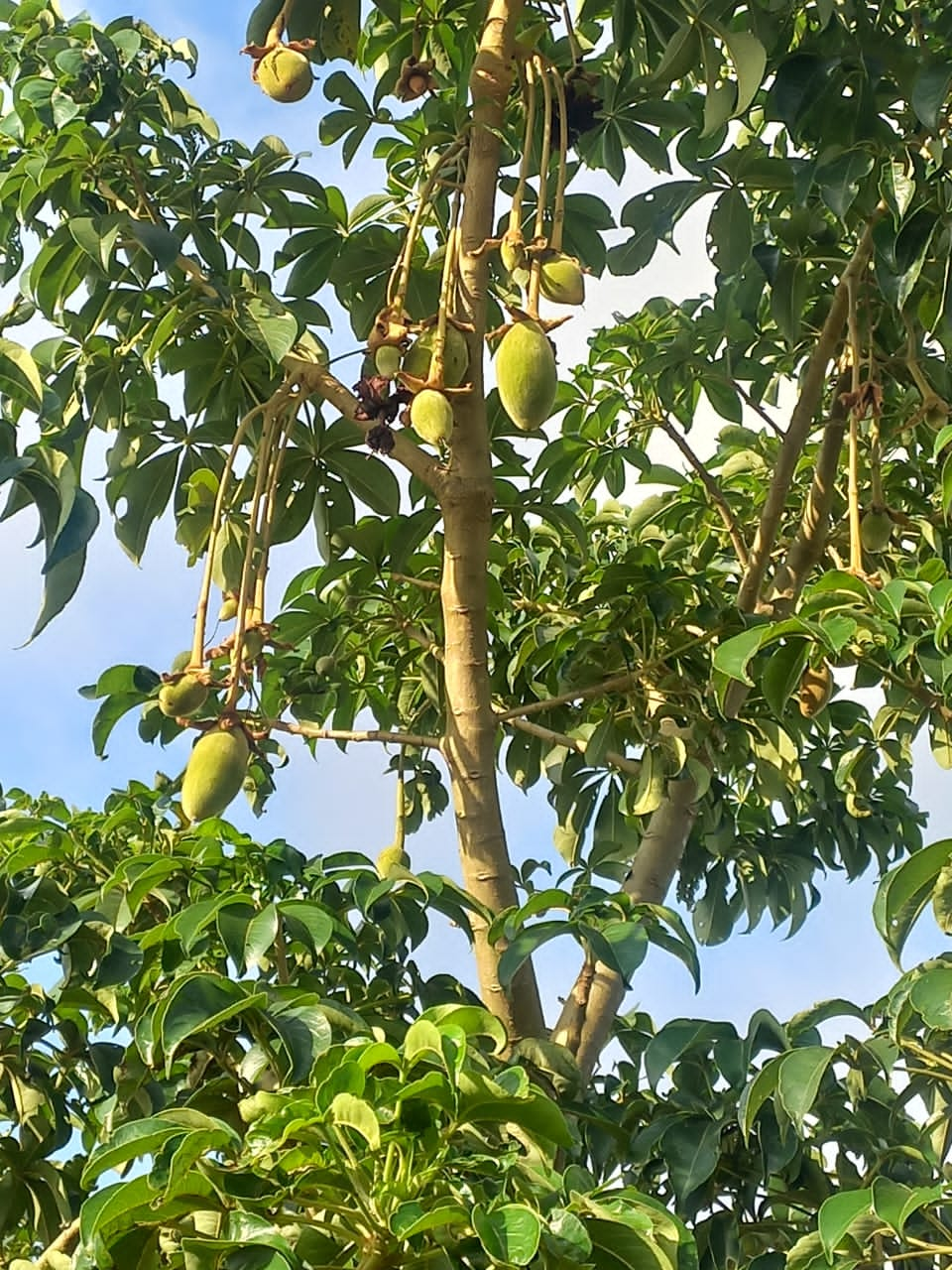
Unlocking the full Potential of the African Baobab
By: Mohammed A. Abu
Professor Kenneth Fafa Egbadzor,the Lead Researcher of the Domestication of the African Baobab Project at the Ho Technical University(HTU) in Ghana’s Volta Region,who is also, a plant breeding expert, has noted that even though, research has established that there are over 300 different uses of Baobab but yet, the plant is undomesticated and underutilized.
The African baobab he said, also referred to as, “the wooden elephant” is also included among those crops referred to as orphan, meaning that they do not receive research attention.
Ghana, Africa cannot derive optimum benefit from plants in the wild and thus,the need for domestication of the tree crop is very important.That is what he said, underpins this “crazy ambition” of intensive research work of reducing the maturity period of the wild growing plant from fourteen (14 years) to two (2 years).
Professor Egbadzor in an interview with your favourite, the Eco-Enviro News Africa magazine intimated that he and his team is not only passionate about domesticating the African baobab, but also, bent on advocating for its integration into mainstream agriculture (farming) and encouraging its utilization.
All the improved crops (soy, maize, rice, cocoa etc.) varieties we have today Professor Egbadzor noted, were once wild. However, through research and farming, they have been improved and significantly, they are different from their wild parents.
HTU in 2019 he recounted, started the baobab domestication project and the effort is already yielding appreciable results. “We have a big vision of seeing baobab being cultivated throughout Africa. Wild fruit gathering should be a thing of the past soon”. Professor Egbadzor declared.
Yield Potential: Domesticated Versus Wild Growing Baobab
On how the domesticated baobab would fare in terms of fruit yield per tree potential compared with the wild growing baobab he had this to say.
“We believe that it is possible to get higher yield from the domesticated baobab than from the wild. The size and number of fruits would directly contribute to the yield.
“We must also know that different varieties to be developed and the environment as well would also contribute to yield. So, at the moment we cannot be sure on exactly what level of yield to expect from a given variety of baobab. Time will tell”.Professor Egbadzor intimated.
On Fruit Quality of Domesticated Baobab
On whether the drastic reduction of the maturity period of the domesticated baobab would have any adverse effect on fruit phytochemicals and phytonutrients and with particular reference to its much touted relatively higher Vitamin C content he also had this to say.
“Fruit quality of the domesticated baobab is not expected to be different from the wild types. However, with time, the cultivated varieties would be the best selections from the wild. So, the researchers would be targeting the best from the wild. In crop improvement, we always aim at higher quality.”
Commercialized Farming of the Domesticated Baobab
On commercial scale cultivation of domesticated baobab, he disclosed that some farmers in the Ho Municipality and Adaklu District have already planted the HTU baobab.
More seedlings Prof said, would made available to farmers next year. HTU is also planting at the university. We have farmers from the Upper West region expressing interest but we are at the moment limited by fund.Other Wild Trees Targeted for Domestication
Aside domesticating of the wild baobab other wild growing trees of remarkable socio-economic importance he and his team had their eyes on are Allanblackia, Locust bean and Bush mango adding that, their only limitation is funding
International Market Potential.
Baobab is a multi-purpose tree; its fruit pulp, seeds, leaves, flowers, roots and bark are used locally for human consumption. In 2008, the dried pulp harvested from baobab fruit was first approved for sale in the European Union (EU); it has seen high growth since then. Baobab fruit powder is made by grinding baobab dried fruit pulp, the only authorised baobab ingredient in food/health products on the European market.
The fruit powder contains Several health benefits have been associated with baobab powder. In Europe, it is commonly marketed as a food supplement that increases energy levels, supports immune health and improves digestive and general health.
It is mostly sold as a fruit powder, while some companies sell baobab powder in capsules, such as the company Bao-Med (the Netherlands). Most baobab powder on the market is organic-certified, as Europe has a limited market for non-certified baobab.
Baobab powder is used in food supplements because of its nutritional qualities. The company Aduna (United Kingdom) markets baobab powder with the claims ‘rich in vitamin C’, ‘high in fibre’ and ‘baobab is one of the most nutrient-dense foods in the world’.
The company markets baobab as ‘the feel-good fruit’. Golden Greens also highlights the vitamin C content of baobab, as well as labelling it ‘high in fibre and antioxidants’. Many companies market their baobab powder as ‘suitable for vegans/vegetarians’, as consumers are looking for products without animal-based ingredients.
-
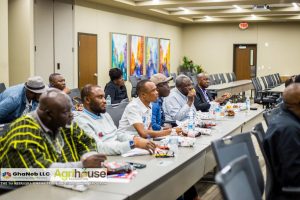
Ghana-Nebraska Captains of Industry Identify Areas for Mutual Collaboration
The Nebraska-Ghana Trade and Investment Program and Husker Harvest Days event, which saw the participation of twenty-two (22) Ghana Government officials and Private Businesses, has ended successfully in Lincoln, Nebraska.
The event, held from 11th to 14th September 2023, UNDER THE THEME – FACILITATING OPPORTUNITIES, has been described by participants as one of the most well-organized Trade and Investment Programs, which is poised to make significant impact, in establishing and building relevant and much needed partnerships.
Senator Ken Schilz, the Lead and Co-founder of Nebraska GhaNeb LLC, expressed his satisfaction, with the quality of the Ghanaian delegates, their understanding of the sectors, in which they operate, and most importantly, their desire to establish long term and profitable business partnerships.
Both GhaNeb LLC and Agrihouse Foundation have positioned ourselves to support to facilitate the opportunities and relationships, that have been established.
We are confident, that creating this platform will help businesses expand their operations and contribute to economic development of both Nebraska and Ghana. Senator Schilz added.
Speaking to some participants, Cecil Sunkwa-Mills of T & C Farms, said, what stood out for the me, was the Business Presentations, where they learnt from the various Nebraska State legal practitioners, policy makers and farmers on focused issues, that addressed, the Legalities of Doing Business in Nebraska, Regenerative Agriculture, Digital Marketing for Retail Sales and Data Mining.
Dr. Solomon Gyan Ansah, the Director of Crop Services at the Ministry of Food and Agriculture, expressed his deep admiration for the extensive array of machinery and equipment utilized by farmers in Nebraska. He noted that these advanced tools have significantly contributed to enhancing crop productivity in the region.
The Chairman of the Ghana Federation of Livestock Inter-Professionals (GHAFLIP), Alhaji Akakade Moro, also shared similar sentiments about the event. Describing it as not only insightful but also an eye-opener to the agricultural sector in Ghana.
The delegates, who also met with leaders of Kreikemeier Farms, Lincoln Premium Poultry, RWH Energy, EZ Politix, Sandhills Global and Certified Piedmontese, expressed their satisfaction with the detailed business discussions, they had.‘’We have together identified areas of Trade collaborations. There are meaningful technologies and enhanced equipment, that we will need. Talks and negotiations have already begun, and we are hopeful to seal some deals soon’’. Mashud Mohammed, Ghana’s 2021 National Best Farmer added.
A pivotal highlight of the program for the Ghanaian delegates, was the visit the Husker Harvest Days event grounds, the renowned and illustrious showcase, acclaimed as the largest irrigated agriculture exposition in the United States.
All the delegates spoke about the positive interactions they had with Exhibitors and vendors, their appreciation of cutting-edge technologies. They are positive of future collaborations.The delegates also had the opportunity to meet with Southeast Community College and Nebraska State University, who are looking at having Ghanaian students, enrol in their institutions in the immediate future.
Alberta Nana Akyaa Akosa, the Executive Director of Agrihouse Foundation, enthusiastically expressed her excitement about the impactful and meaningful partnership, Agrihouse Foundation, has established with GhaNeb LLC, which has made the organizing of the 1st Nebraska-Ghana Trade and Investment Program possible.
I am excited about the future and the important role, we are playing with GheNeb LLC, in facilitating these relationships established. I am happy we have showcased our potential to support in driving innovation and growth in the agricultural sector, creating new avenues for both regions to prosper, she added.
“The partnerships formed during this program are not just agreements on paper; they represent the fusion of expertise, resources, and visions from two different regions. These collaborations will drive innovation, promote sustainable practices, and ultimately contribute to the growth of our agricultural sectors. It’s incredibly exciting to witness the potential these partnerships hold for both Ghana and Nebraska,” stated Mad. Alberta.
This symbolizes the collective commitment of both GhaNeb LLC, Agrihouse Foundation, and the participating regions to work hand in hand in augmenting the agriculture value chain.
The Ghanaian delegation who participated in the 1st Nebraska-Ghana Trade and Investment Program and experienced the Husker Harvest Days included; Hon. Yaw Frimpong-Addo, Deputy Minister of Food and Agriculture (Crops), Mr. Fifi Fiavi Kwetey, General Secretary of the National Democratic Congress, representing former President John Dramani Mahama.
The rest were, Dr. Ansah Solomon Gyan, Director of Crop Services at the Ministry of Food and Agriculture, and Michael Kofi Akoto, Trade Promotion and Commercial Officer at the Embassy of Brazil, Mr. Mohammed Mashud, Chief Executive Director of Cudjoe Abimash Farms, Nana Osuman Abdulai, Managing Director of A.N.O Enterprise/Nana Atta Akara Co. Ltd, Al-Ayadi Fares Mohammed Khear, Irrigation Service Manager at Interplast and Alhaji Akakade Moro, Chairman of the Ghana Federation of Livestock Inter-Professionals (GHAFLIP).
Others included, Mashud Mohammed, Operation Manager at Agripower, Dorothy Opoku, General Manager of Agricultural Manufacturing Group Limited, Kwabena Danquah, General Manager of Operations at Agricultural Manufacturing Group, Seidu Abubakar, Project Specialist for Commercial Agriculture at Savannah Zone Agricultural Productivity Development Project (SAPIP), and Sunkwa-Mills of T&C Farms.
Fidelity Bank’s Head of Agribusiness, Patrick Opoku, and Real Estate Investors Monica and Collins Atta Oteng, of Collinmon Investment Limited, were also present.
SOURCE
AGRIHOUSE FOUNDATION
-
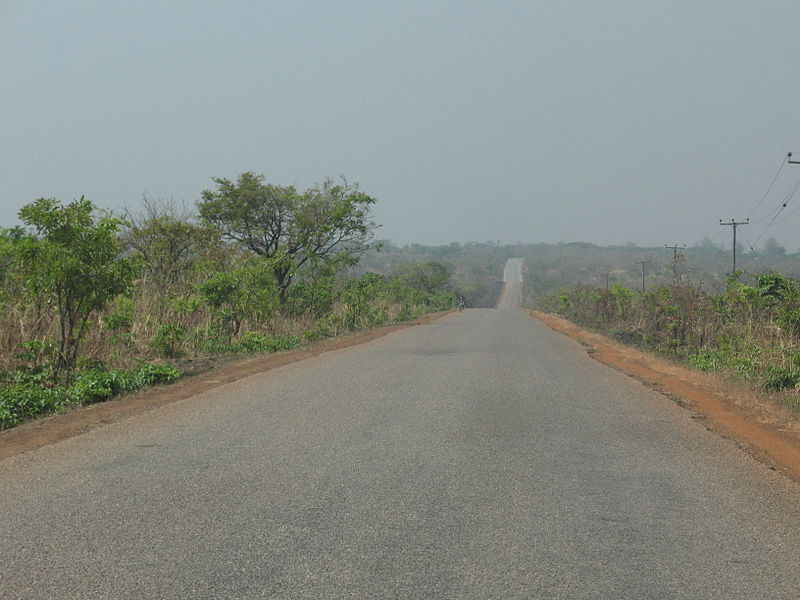
About Construction of the Tamale-Yendi-Zabzugu-Tatale Highway
……As Eastern Corridor Road Stakeholders Meeting ends in Yendi
Mohammed A. Abu
A stakeholders meeting of the construction of the Tamale-Zabzugu-Tatale road project has successfully ended in Yendi, the seat of Dagbon Kingship in the Northern Region of the West African nation of Ghana.
A Ghana Ministry of Roads and Highways project-level grievance mechanism to address emerging grievances and complaints of dwellers of the affected communities in the project catchment area and a collective resolve by all parties with interest in the project, to keep their eyes on the project and report any observation, action or inaction deemed inappropriate, were the major outcomes of the event.
Lead Convener
With Concern Citizens of Yendi as lead convener, the meeting which was intended to deliberate on Project brief for LOT2, citizens’ expectations, emerging grievances and complaints, decisive actions on complaints among others, drew many participants representing stakeholder institutions and other various parties with a common interest in the project.
They included the Regional Highway Authority (GHA), representatives from GHA Head Office, Accra, representatives of the Ministry of Roads and Highway (MRH), a representative from the Royal Gbewaa Palace, the Sang-Lana, representative of the Mion-Regent, Savana Signatures, the Contractor (CJIC & CSCEC), among several others.
LOT2 Project Brief
The Ghana Highway Authority is the implementing Agency of the project scheduled for completion on 4 th August, 2028. Under the Transport Sector Improvement Project (TSIP), the project was awarded on a modern contract system known as the Output and Performance Based Road Contract (OPBRC).
The OPBRC contract system is underpinned by the “Tell me what you want but not how to do it” concept which unlike the traditional contract system where the contractor has to finish the entire construction works before payment, the OPBRC system recommends payment, if a maximum of 10km and a minimum of 5km work is completed.
The contractor is expected to use three (3) years for the construction works and a 4-year maintenance work implying that, portions that see an early completion will be under maintenance up to the seventh year of the contract duration.
The LOT2 stretch of the highway is a single carriageway un-asphalted road that will have roadside drains, 46 box and pipe culverts, 2 bridges, streetlights and sidewalks as well as stopping lanes and bus bays in the urbanized communities.
However, 2.6km of the road into Yendi from Tamale will experience a one-way couple upgrading. All fibre optic infrastructure installations from Tamale to Yendi and to Tatale border post will be installed.
Expectations of Citizens
Some socio-economic development interventions that come along the project are: the provision of eight basic schools, eight bole holes and one clinic to some communities alone the stretch.
These interventions according to the GHA, were arrived at through a need-based assessment conducted by a consultant in 2019, which was also reviewed in 2021 to reflect the priority needs of the people.
Nanton-Zuo in the Tamale Metropolis is one of the beneficiary communities of an 8-unit classroom block. Participants were happy about these ancillary project interventions but however questioned who and which communities the consultant consulted on the need-based assessment?
Open Forum Session
During an open forum session, the event lead Convener came out with a list of questions bordering on diverse issues while also offering other participants the opportunity to make their inputs.
The issues included need for quality work that will offer value for money, the Yendi township portions of the road be given to the Eastern Corridor Contractor (LOT1) be given first-class road status, the first two culverts before Yendi township be demolished and reconstructed, a paradigm shift from current manual based compacting of side slopes of the road to mechanized based work, the sharp curve near Zobogu which causes lots of accidents be corrected, among others.
The Dagbon Forum’s Tamale Chapter on its part asked why satellite markets were conspicuously missing in those ancillary projects meant for socio-economic intervention needs of the people while the 2nd Vice President of its Yendi Chapter, asked for the number of speed ramps on the highway ton be reduced both in number and in height specifically for reasons of patients’ transportation.
Dagbon Forum Delegation
The Dagbon Forum(DF) delegation was represented led by its Yendi Chapter’s President, Alhaji Mohammed B. Ibrahim while its Tamale Chapter was also led by its President, Mr. Zakaria Adam. Also in attendance, was the 2nd Vice president of DF Yendi Chapter, Madam Kande.
Emerging Grievances & Complaints
The Ministry of Roads and Highways established a project-level Grievance Mechanism to receive, evaluate, and address project-related grievances targeted at communities affected by the project.
Mandate to Receive Complaints and Grievances
Savana Signatures, a non-governmental organization has been mandated by the Ghana Highway Authority to receive complaints and grievances.
Resources
Under the project-level grievance mechanism complaints can be channeled to the Ministry telephony, electronic communication, physically via grievances boxes, grievance officer complaint offices created in both Yendi and Mion for the public to send their complaints directly.
Toll-free number, 0800003333,website address: www.tsipmrhgh.com
Decisive Action on Complaints
Participants pleaded to all the Authorities connected with the project to act decisively on complaints brought before them.
Approval of major Proposal
The Yendi township roads given first-class status, the replacement of the two culverts before entry to Yendi, the Zobogu curve correction, the loose excess chippings on the road that fly and break vehicles windscreens, all received positive approval.
Issue of Compensation
Project Background
In June 2022, Vice President, Dr. Mahamudu Bawumia cut the sod for the construction of a 167km Tamale-Yendi-Tatale road project in the Northern region as part of the Eastern corridor road project.
The Tatale-Yendi-Tamale Road Project is fully funded by a US$150 million World Bank facility which was approved on June 6, 2017, under the Transport Sector Improvement Project (TSIP).
The project is expected to be completed in two years, but under the terms of the contract, the contractors will be undertaking maintenance works for five more years, unlike previous contracts where contractors are obliged to do one year of maintenance. This will bring the total project time to seven years.
The project has been divided into what is called LOT1 and LOT2. The LOT1 stretches from Tatale-Zabzugu to Yendi highway (61.98km) whiles LOT2 is the stretch from Yendi to Tamale highway (106.02km). The Yendi stakeholders’ engagement meeting was for deliberations on LOT2.
-
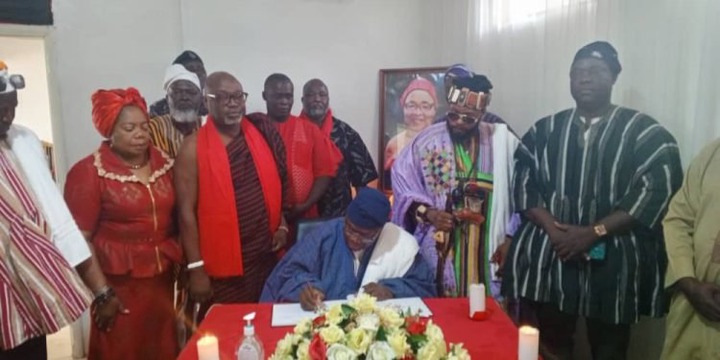
Dagbon delegation signs condolence book for late Ga Manye
A delegation from Dagbon, sent by the King of Dagbon, Ya Na Abubakari II, has signed the book of condolence opened in memory of the late Ga Manye, Naa Dedei Omaedru III.
The delegation presented items including schnapps, 20 boxes of water, and 2,000 Ghana cedis (GH₵2,000) towards the funeral.
The late Ga Manye, Naa Dedei Omaedru III, passed away in December last year and burial rites are expected to commence on October 23.
The Paramount Chief of Sing in the Kumbungu District in the Northern Region and Leader of the Ya-Na delegation, Singlana Alhaji Iddi Lansah Seidu II, expressed his deepest condolences to the Ga state in an interview with Citi News.
“It is always sad to lose a personality in the capacity of the Ga Traditional Paramount Queen Mother. So the whole of the Dagbon state mourns with our brothers the Ga people for the loss of our mother and aunt. We are telling them to take consolation in the fact that it is God who gives, and it is God who takes away.”
“Whoever loves God so much, God also loves that person very much. And we are praying that God will replace her with a better person to uphold the unity of the Ga state,” he stated.
Credit(CITINEWS.COM)
